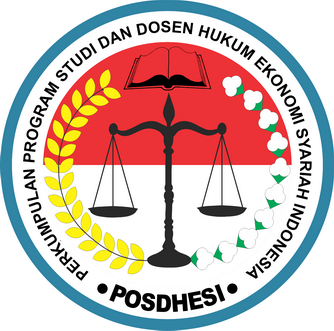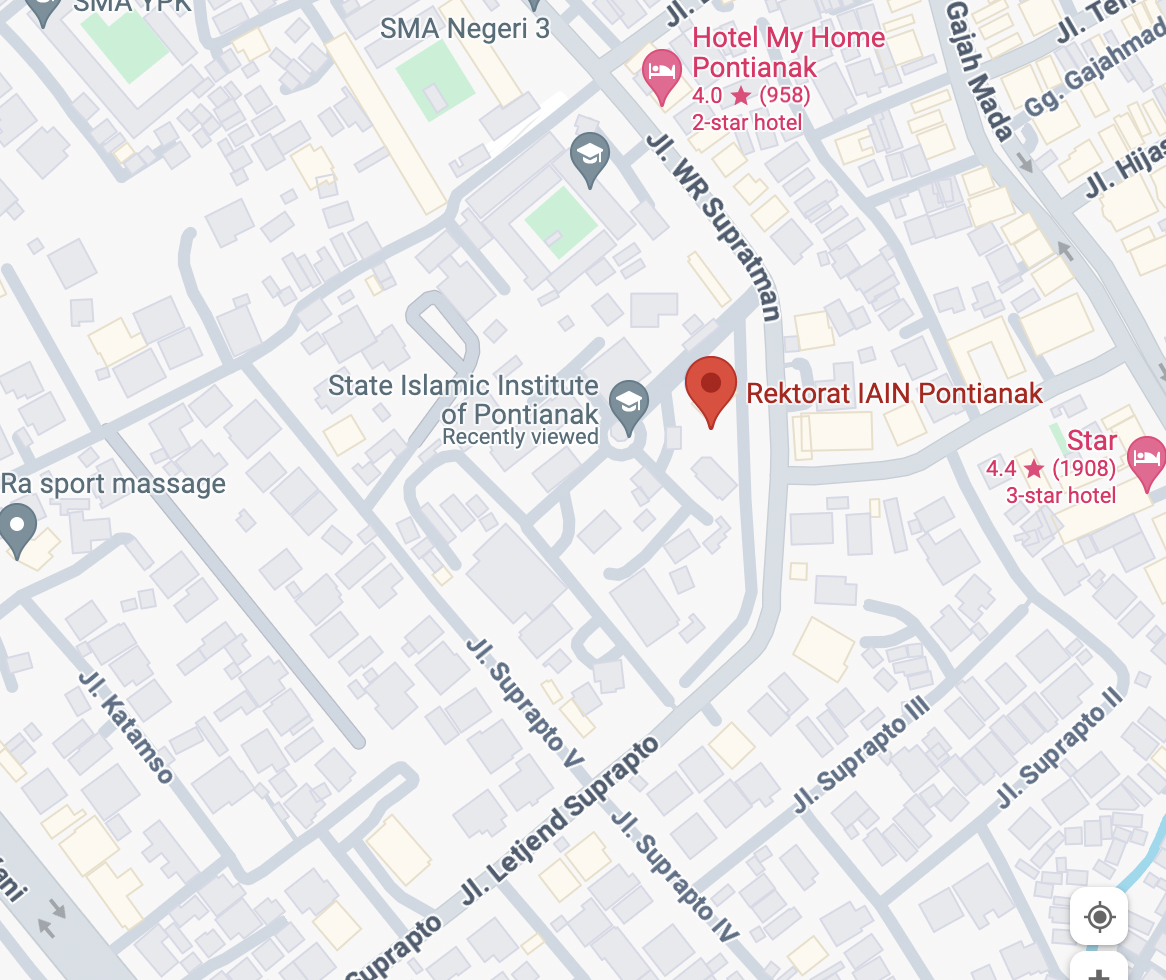UPAH PENGGALI KUBUR MENURUT PANDANGAN MAJELIS ULAMA INDONESIA (MUI) KOTA SINGKAWANG
DOI:
https://doi.org/10.24260/al-aqad.v4i2.3425Keywords:
Keywords: Wages, Gravediggers, MUI Singkawang CityAbstract
This research is a field study with a qualitative approach that follows the juridical-empirical paradigm. Data collection techniques were conducted through interviews and documentation using interview guidelines as the main tool, as well as cell phones and stationery as support. Primary data sources were obtained from sources, while secondary data were taken from literary references. The technique of checking the validity of the data was carried out by triangulating sources, namely verifying the data that had been collected through various sources. The purpose of this research is to find out the practice of giving wages to gravediggers in Singkawang City and the views of the Indonesian Ulema Council (MUI) of Singkawang City regarding the practice. The results showed that in Sungai Garam Village, North Singkawang Subdistrict, there is a practice of giving wages to gravediggers in the process of burying bodies that are following the pillars and conditions of wages and are justified in Islamic muamalah fiqh. MUI Singkawang City stated that in muamalah activities that have the principle of helping, giving wages to gravediggers is permissible as long as it does not burden the bereaved and fulfils the conditions of wages/ijarah. In conclusion, the practice of giving wages at funerals is allowed in Islam as long as it is done with sincerity from both parties.






